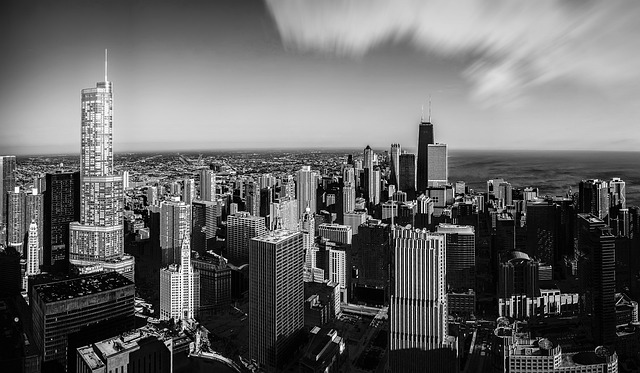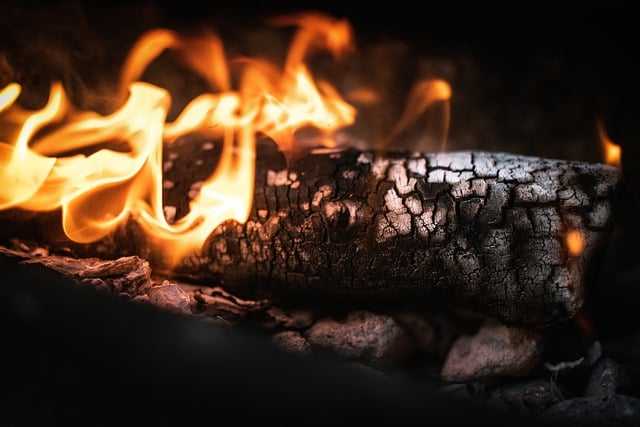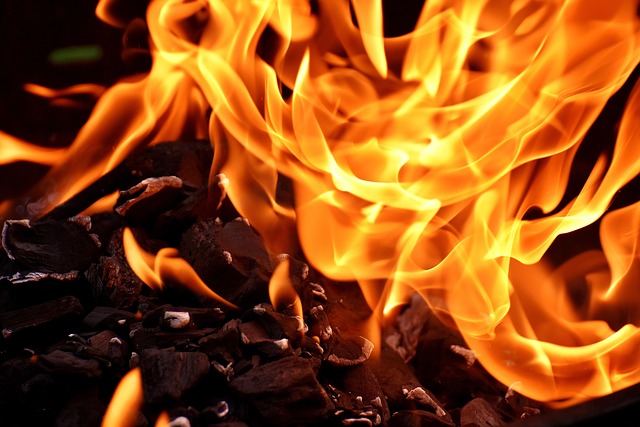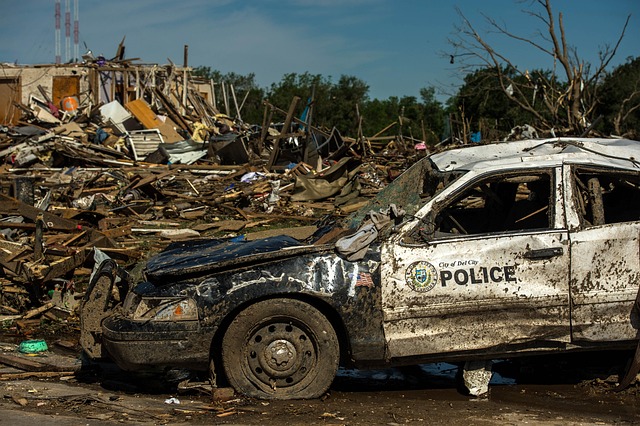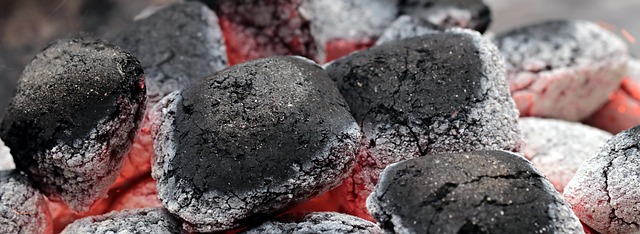Selling a fire-damaged property in Chicago requires understanding local regulations, accurate damage assessment, realistic expectations, and transparent communication. Sellers must adhere to building codes, obtain inspections, disclose defects, and manage buyer concerns to successfully navigate the market. By involving specialists and following legal guidelines, properties can be restored and sold at competitive prices, demonstrating resilience and robust real estate practices in Chicago.
“Chicago’s housing market presents unique challenges, especially when it comes to selling fire-damaged properties. This comprehensive guide aims to navigate sellers through the intricate web of regulations and legal requirements unique to Chicago. From understanding the local market dynamics to navigating post-fire reconstruction and insurance, we’ll explore essential aspects. Learn about disclosure obligations for buyer protection and gain insights from successful case studies of fire-damaged homes sold in Chicago. Maximize your sales potential with this definitive resource for selling a fire-damaged house in the Windy City.”
- Understanding Chicago's Housing Market: A Primer for Sellers
- Legal Requirements for Selling a Fire-Damaged Property in Chicago
- Disclosure Obligations and Buyer Protection Laws
- Insurance and Reconstruction: Navigating Post-Fire Property Sales
- Case Studies: Successful Sales of Fire-Damaged Homes in Chicago
Understanding Chicago's Housing Market: A Primer for Sellers
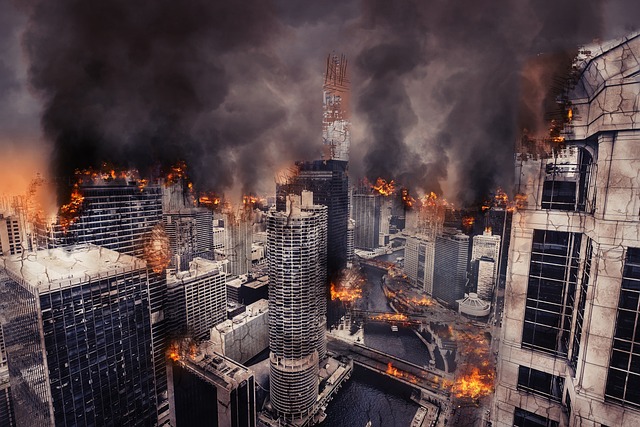
Understanding Chicago’s competitive housing market is crucial for sellers, especially those looking to navigate the complex process of selling a fire-damaged property in Chicago. The city’s real estate landscape is known for its unique dynamics, with fluctuations in prices and demand across different neighborhoods. When preparing to sell a fire-damaged house in Chicago, it’s essential to be aware that buyers often seek properties that require minimal renovation, given the time and cost considerations.
Sellers should start by assessing the extent of fire damage and consulting professionals who can provide accurate estimates for repairs. This step is vital as it sets realistic expectations and helps determine a competitive listing price. Chicago’s housing regulations regarding fire safety and restoration standards must be adhered to, ensuring that any necessary renovations are completed according to these guidelines. This process not only protects the seller but also provides peace of mind to potential buyers.
Legal Requirements for Selling a Fire-Damaged Property in Chicago
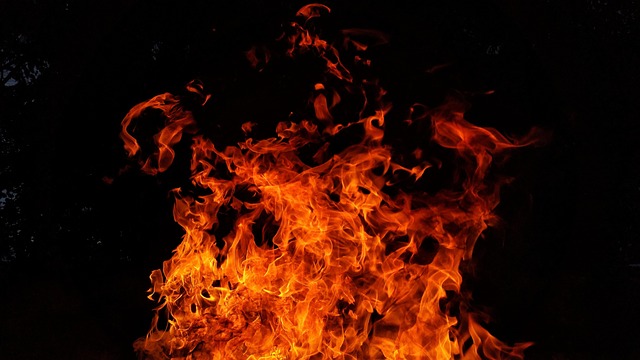
In Chicago, selling a fire-damaged property comes with specific legal requirements that must be met to ensure compliance with local regulations. Before listing or selling such a property, understanding these guidelines is crucial for both sellers and buyers. The first step involves obtaining an official inspection report from a certified inspector, confirming the extent of the damage and any necessary repairs. This report is a legal document required by Chicago’s building department before any renovations or resale can occur.
Additionally, sellers must disclose all relevant information about the fire damage to potential buyers, including the date and severity of the incident. Failure to do so may result in legal repercussions. Once repairs are completed, ensuring they meet the city’s safety standards is essential. This process involves obtaining permits for any structural changes or renovations made during the restoration, guaranteeing that the property meets Chicago’s strict building codes after a fire. These regulations aim to protect buyers and maintain the overall safety of the city’s housing market.
Disclosure Obligations and Buyer Protection Laws
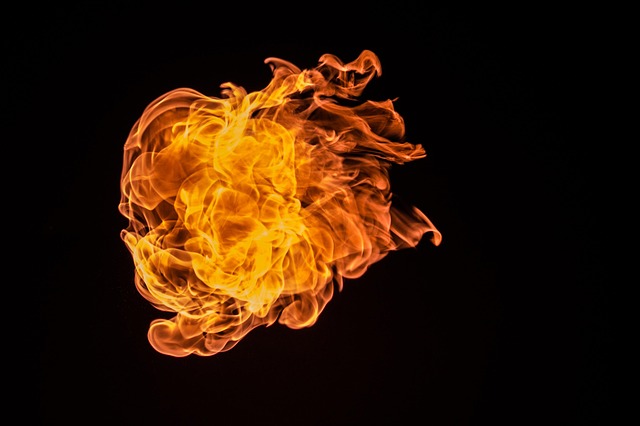
When it comes to selling a fire-damaged property in Chicago, understanding disclosure obligations and buyer protection laws is crucial. In Illinois, including Chicago, sellers are legally required to disclose any known material defects or damage to potential buyers. This includes revealing any history of fire damage, as it can significantly impact the structural integrity and safety of the property.
Buyers have certain protections under these regulations. They have the right to conduct inspections and obtain a professional evaluation of the home’s condition before purchasing. If a seller fails to disclose known fire damage or related issues, buyers may be entitled to legal remedies, including compensation for repairs or even cancellation of the sale. Such laws are in place to ensure transparency, protect homebuyers, and promote fair practices in the real estate market, especially when dealing with properties that have experienced fire damage.
Insurance and Reconstruction: Navigating Post-Fire Property Sales
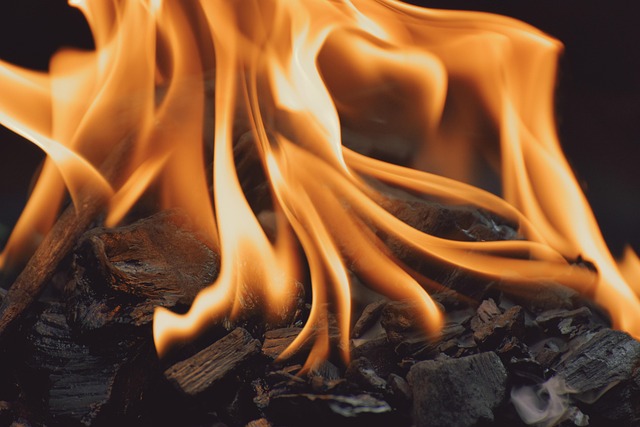
After a fire, homeowners in Chicago often face a complex journey when it comes to selling their damaged property. Insurance plays a pivotal role in this process as it can either ease or complicate the path to a successful sale. Homeowners should be aware that their insurance policy may cover the cost of repairing or rebuilding the structure, but the process is often lengthy and requires thorough documentation. This means that any potential buyers will want to see evidence of insurance and a clear plan for reconstruction before proceeding with the purchase.
Navigating post-fire property sales requires a strategic approach. Homeowners should consider working with specialists who understand the unique challenges of selling fire-damaged homes in Chicago. This can include real estate agents experienced in this field, as well as contractors who can provide accurate estimates and timelines for repairs. By presenting a well-organized plan to potential buyers, sellers can increase their chances of securing a sale, even after a devastating fire.
Case Studies: Successful Sales of Fire-Damaged Homes in Chicago
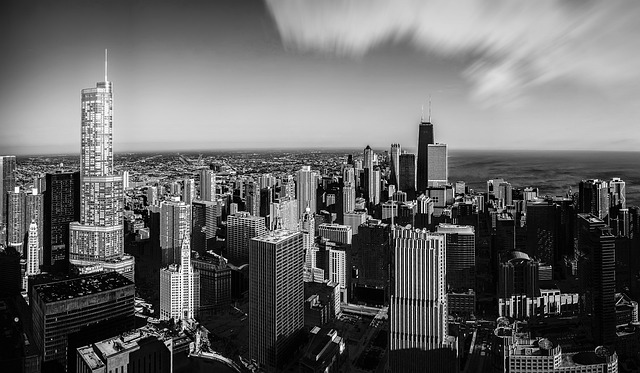
In Chicago, the successful sale of fire-damaged homes serves as a compelling case study for navigating housing regulations. Despite the challenges posed by fire damage, many properties have been expertly restored, showcasing resilient homeownership and robust real estate practices. These sales demonstrate that with proper inspection, remediation, and marketing strategies, fire-affected homes can command competitive prices in the Chicago market.
By examining these cases, we gain insights into effective policies and practices that facilitate the sale of fire-damaged properties. Strict building codes, accessible remediation services, and transparent communication between sellers and buyers play pivotal roles in ensuring fair transactions. Moreover, community support programs and incentives for safe renovation contribute to a thriving real estate environment, enabling Chicagoans to rebuild and thrive after disasters.
Selling a fire-damaged property in Chicago involves navigating a unique set of regulations and considerations. Understanding the legal requirements, disclosure obligations, and insurance aspects is crucial for a successful sale. This article has provided a comprehensive guide, from the basics of the Chicago housing market to real-world case studies. By adhering to these practices and staying informed about local laws, sellers can effectively navigate the process of selling fire-damaged homes in Chicago. Remember that transparency, proper disclosure, and adequate insurance are key to ensuring a smooth transaction for both parties involved in these unique sales.
